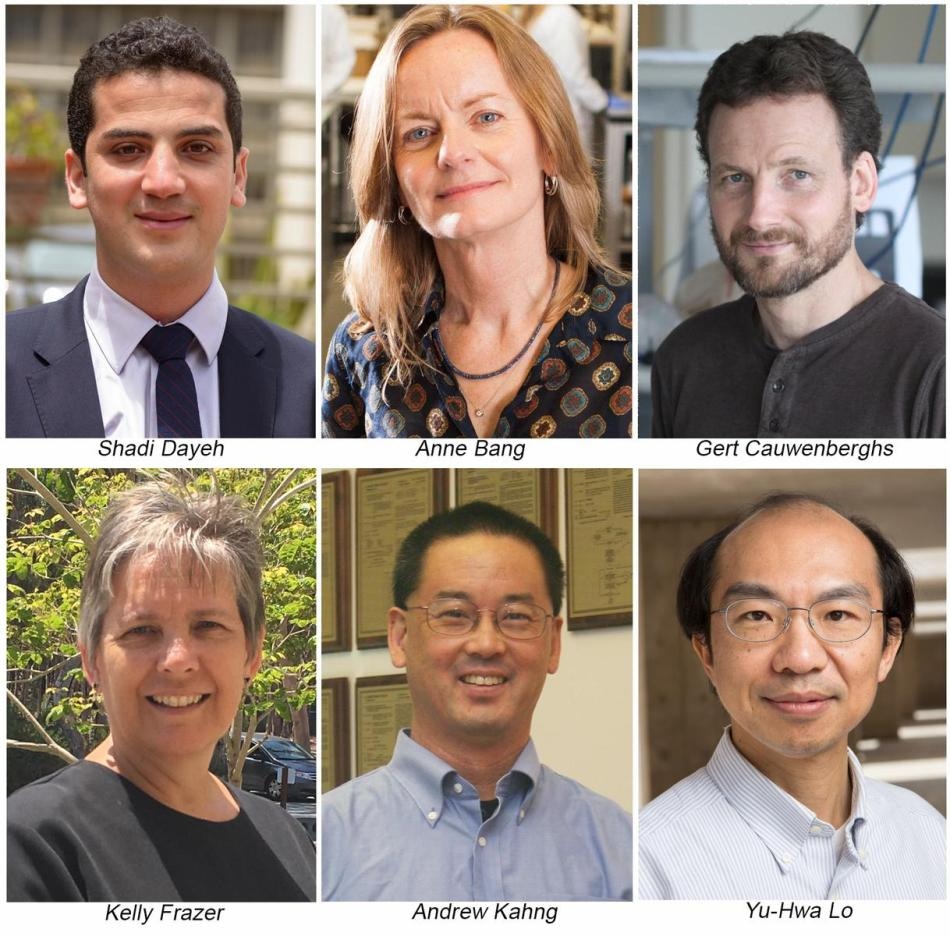Oct 9 2017
Engineers at the University of California San Diego are heading a project that aims at developing high-density nanowire arrays capable of being used for measuring and controlling multiple individual cells in huge networks. Researchers predict that these nanodevices, incorporated with patient’s own cells, could develop cost-effective, predictive drug-screening platforms in order to speed up drug discovery and personalized treatments for cardiac and neurological diseases.
 Credit: University of California San Diego
Credit: University of California San Diego
The project focuses on building “nanolab-on-a-chip” machines that can be employed for separately measuring and manipulating huge numbers of cells in a simultaneous manner.
There are encouraging new methods to understand and control cells one at a time, but there are currently no technologies to measure and control individually the thousands or millions of cells that make up our organs and that are needed to produce new medical therapies.
Professor Shadi Dayeh, Electrical and Computer Engineering, UC San Diego and the Lead Investigator on the project
The interdisciplinary team is made up of Researchers from the UC San Diego Jacobs School of Engineering, the UC San Diego School of Medicine and Sanford Burnham Prebys Medical Discovery Institute. The work has been funded by a $1.5 million award from the National Science Foundation Scalable Nanomanufacturing for Integrated Systems (SNM-IS) program.
The work focuses on a nanowire technology developed in Dayeh’s laboratory that can poke inside multiple individual neurons without causing any damage to them and can then record their electrical activity in fine detail. The technology will be extended for studying heart muscle cells as well as neurons, as both cell types serve as greatly relevant human models for drug screening.
The project discovers scalable fabrication methods that will allow Researchers to develop new architectures of nanowires in high densities and huge numbers in integrated systems. The team is working towards optimizing these new nanowire architectures for brain-on-chip and heart-on-chip drug screening.
This project combines the latest advances in nanowire and stem cell technologies to develop a complete system for precision medicine and to train students in engineering for medicine, a multidisciplinary area in which our Jacobs School of Engineering is a global leader.
Professor Shadi Dayeh, Electrical and Computer Engineering, UC San Diego and the Lead Investigator on the project
Co-investigators on the project include Bioengineering Professor Gert Cauwenberghs, Electrical Engineering Professor Yu-Hwa Lo and Computer Science Professor Andrew Kahng, all at the UC San Diego Jacobs School of Engineering; Kelly Frazer, Director of the UC San Diego Institute for Genomic Medicine and founding Chief of the Division of Genome Information Sciences in the Department of Pediatrics at UC San Diego; and Anne Bang, Director of Cell Biology at the Conrad Prebys Center for Chemical Genomics at the Sanford Burnham Prebys Medical Discovery Institute.